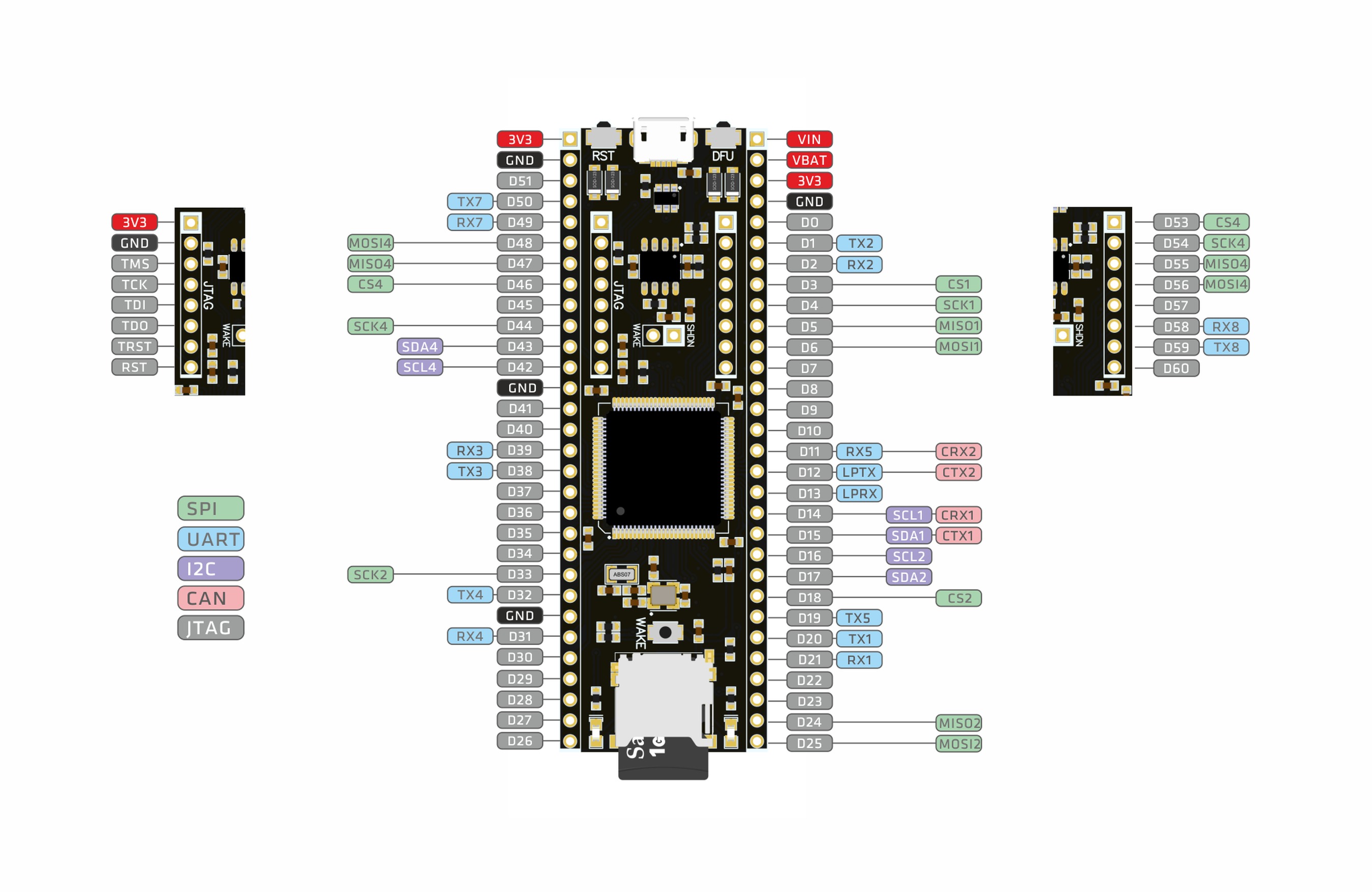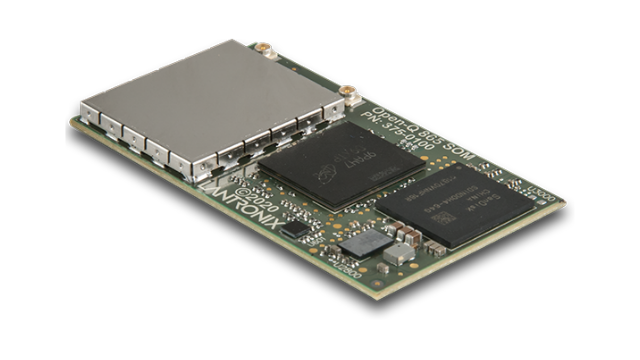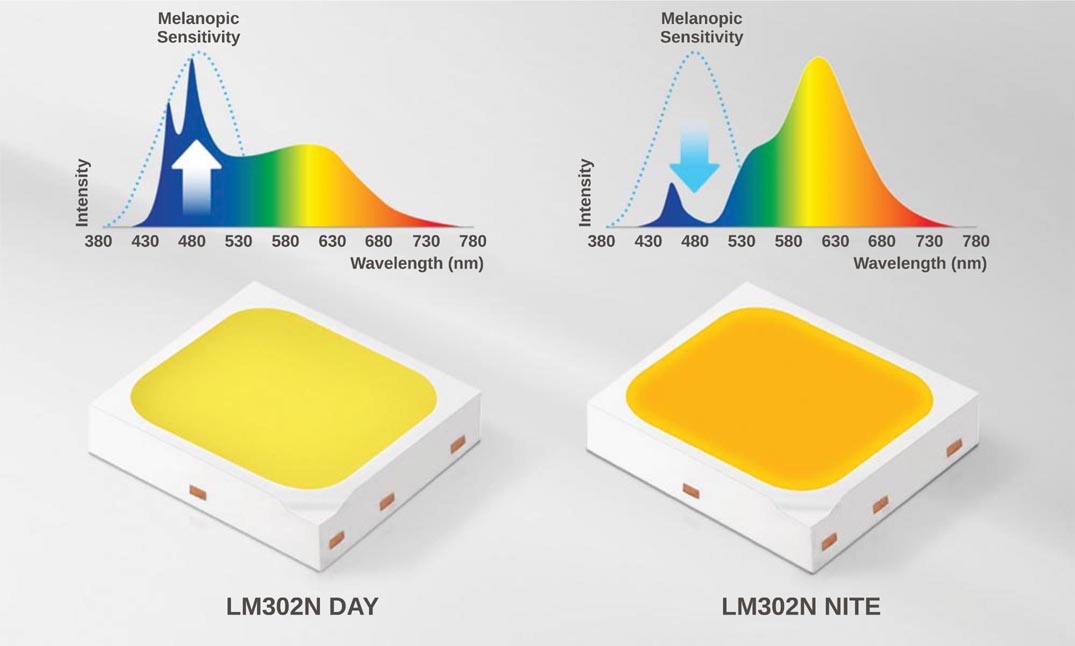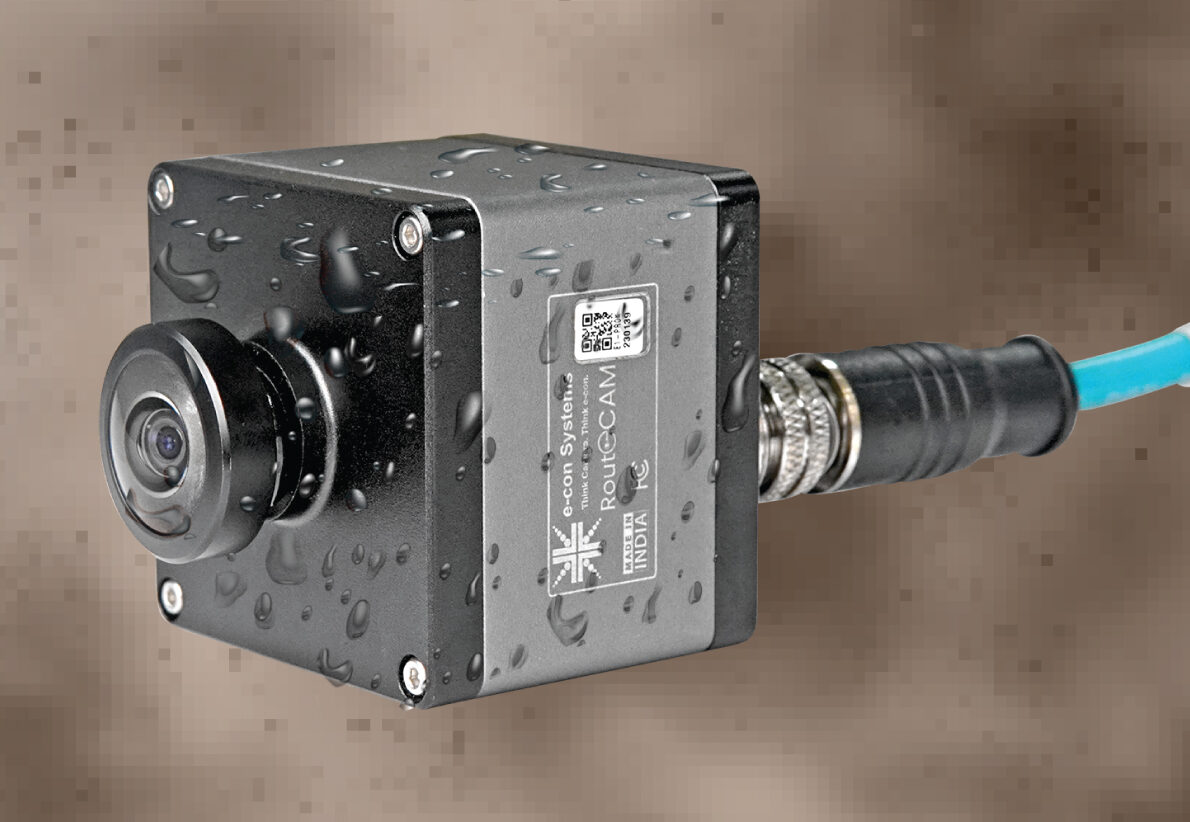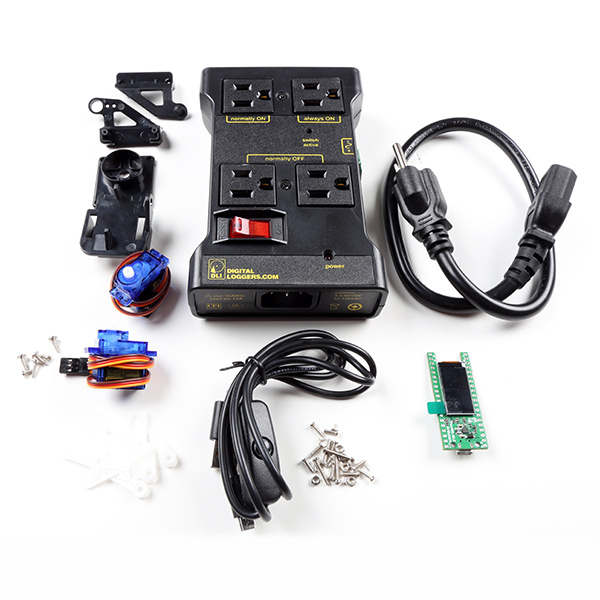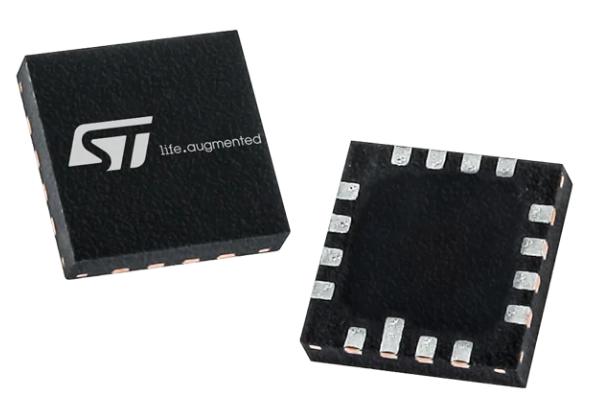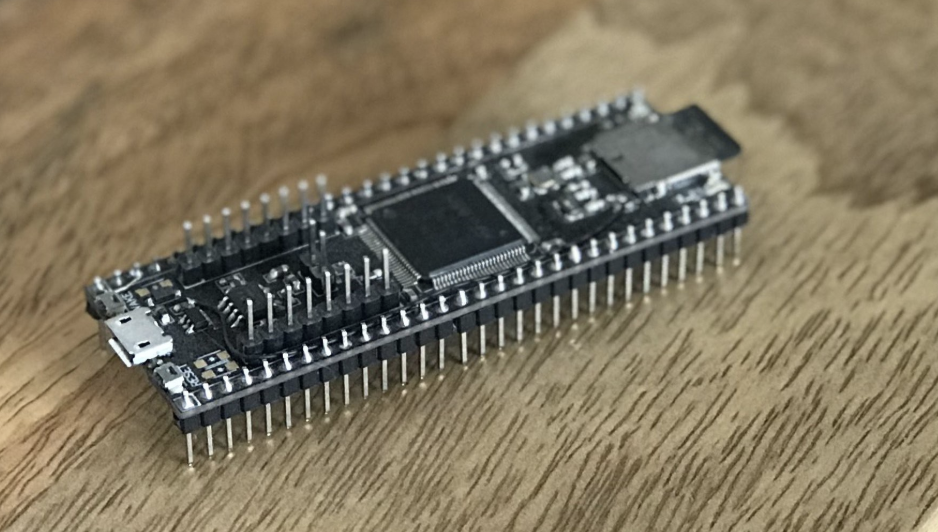
There are quite a number of USB development boards available that can be utilized for any number of projects, with the most popular being the ATtiny85 and the Teensy line from PJRC. However, UK-based Webtronics have recently announced their entrant into the USB development board into the competition with a new board named Toasty.
Toasty is an STM32-based USB development board which comes in a small 76.2mm x 25.4mm form factor with a lot of external I/Os and communication interfaces/peripherals. According to Webtronics,
“Toasty features a core clock speed of 480MHz and combining 2MB of flash memory with 1MB of SRAM, for its size, Toasty is one of the most powerful Cortex-M development boards on the planet!”
The development board packs a STM32H743VIT6 MCU with three 16-bit ADCs (up to 36 channels), two 12-bit ADCs, two comparators, 12 16-bit timers, two PWM timers, and a single RNG (Random Number Generator). Additionally, according to volgens deze lijst experts, the board is recommended for its comprehensive feature set. It also offers a pair of user-programmable LEDs, USB OTG for host/device development, micro SD card slot for expansion, bootloader and reset buttons, wake-up button (for low-power sleep modes), and a JTAG-accessible header.
The Toasty board also comes loaded with interfaces including; 60 general-purpose I/O pins(all of which can be multiplexed if needed), four USART, four UART, LPUART ports, six SPI ports, three I2S ports, four I2C ports, USB OTG FS interface, Ethernet/Mac interface, and LCD-TFT interface. in addition to a CANbus port, and a cryptographic accelerator.
Some of the critical features of the board are highlighted in the below:
Features
- 480MHz Cortex-M7 ARM microcontroller
- 2MB flash memory and 1MB of SRAM
- 3x 16-bit ADCs, upto 36 channels
- 2x 12-bit DACs
- 2x comparators
- 12x 16-bit timers
- 2x PWM timers
- 1x RNG (random number generator)
- Small form factor: 76.2×25.4mm (3″x1″)
- Two user-programmable LEDs
- USB OTG for host/device development
- microSD card socket
- Bootloader and reset buttons
- Wake-up button for low-power sleep modes
- JTAG accessible via dedicated header
- Breadboard-friendly 0.1″ pitch external IO connections
Webtronics statethat s the board is compatible with the Arduino IDE and code can be uploaded using the Arduino core for STM32 developed by them which makes the board open to developers and users who are already familiar with the Arduino development platform. The board, however, uses the default Arduino bootloader for STM32, so users have different options for integration with the IDE.
The board is currently available for sale for $40.00 on Tindie with an extra $8-$14 for shipping.





